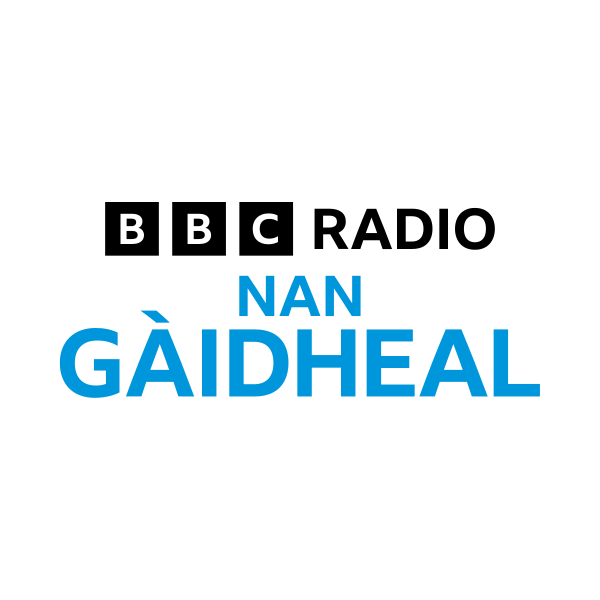mangerton,
Thanks for info but as I said I have had FreeSat for a while because of Freeview's limited range here. I did, this morning, check on Freeview's home page for coverage using my postcode and the choice of Wenvoe or alternative relay and those are the tv channels they said I could get (I omitted to list BBC News channel and one childrens' channel - CBeebies!) But you are perfectly correct, we all do pay the same licence fee and I certainly wouldn't be happy if I'd decided to go with Freeview which offers a vastly inferior product as regards viewing/listening choice here.
Thanks for info but as I said I have had FreeSat for a while because of Freeview's limited range here. I did, this morning, check on Freeview's home page for coverage using my postcode and the choice of Wenvoe or alternative relay and those are the tv channels they said I could get (I omitted to list BBC News channel and one childrens' channel - CBeebies!) But you are perfectly correct, we all do pay the same licence fee and I certainly wouldn't be happy if I'd decided to go with Freeview which offers a vastly inferior product as regards viewing/listening choice here.





Comment